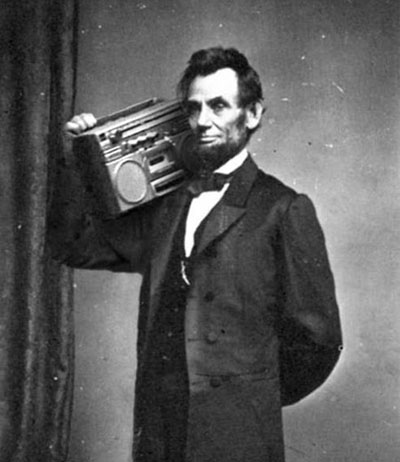Do great leaders need experience?
.Harvard Business School professor Gautam Mukunda’s new book Indispensable: When Leaders Really Matter shows that the very best leaders (and the very worst) don’t take the traditional career path.
Steve Jobs and Abraham Lincoln are two examples. Their careers didn’t follow the typical progression and this allowed them to think outside the box.
Gautam Mukunda studied political, business, and military leaders, categorizing them into two groups: “filtered leaders,” insiders whose careers followed a normal progression; and “unfiltered leaders,” who either were outsiders with little experience or got their jobs through fluke circumstances. He then compared the groups’ effectiveness; for instance, with U.S. presidents, he looked at historians’ rankings from the past 60 years. He discovered that the unfiltered leaders were the most effective—and also the least effective—while highly filtered leaders landed in the middle of the pack.
And:
Mukunda: I was surprised by how unambiguous the data were, but they confirmed what I suspected: If you choose an insider who you know can do the job well, most of the time that person won’t perform any differently from any other top candidate with lots of experience. Such insiders—I call them “filtered leaders”—might be good, but they probably won’t be brilliant. It’s the unfiltered leaders, the outsiders without lots of experience, who perform the very best.
HBR: So should firms always hire outsiders without experience?
(Mukunda:) No, because those people are also more likely to crash and burn. Though the best leaders—Steve Jobs, Abraham Lincoln—were unfiltered, the things that made them so effective, such as their ability to think differently and not feel beholden to a certain way of doing things, often lead to terrible results. Unfiltered leaders are high risk, high reward. Filtered leaders—like Tim Cook and Neville Chamberlain—have deep knowledge and can be very effective in a stable situation. But they often can’t adapt to extreme, sudden change or are unable to disrupt the status quo, which an outsider feels freer to do.
Join 25K+ readers. Get a free weekly update via email here.
Related posts:
5 keys to being a better leader
When does leadership really matter? When doesn’t it?
What three things can we learn about strategy from the greatest generals of history?





